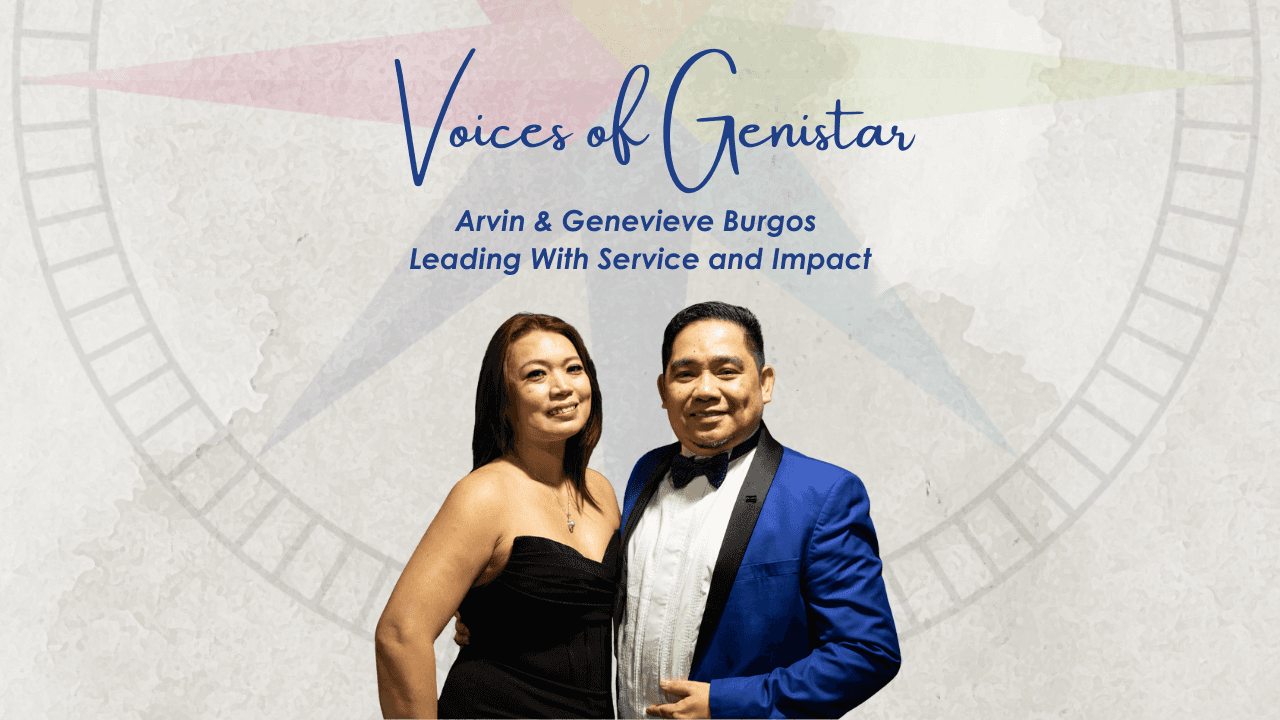11 January 2024

Margo Lestz
Head of Communications
Scammers can contact you by telephone, email, post, or by showing up at your door. They sometimes advertise online as well. They pretend to be someone they’re not, sometimes claiming to be from a well-known company or even from a company that you do business with.
Criminals are resourceful, and we are seeing an increasing number of scams. And more people are being tricked by them. But you can protect yourself by knowing what to look out for.
Five Warning Signs
1. Unexpected Contact
Have you been contacted out of the blue and asked for personal details? If so, you should be suspicious – even if the person claims to be from an organisation that you know and do business with. Legitimate organisations shouldn’t contact you and ask for sensitive information. Some scammers may send you something ahead of time, either in the post or by email, then call and refer to it so that it won’t seem like a cold call. Phone scammers often try to get personal or identifying information such as your bank account number, credit card number, etc. If they succeed, they might be able to access your accounts or even steal your identity.
What to Do:
If you receive a phone call claiming to be from an organisation that you normally do business with, and you have any doubts about the identity of the caller, hang up and contact the company directly. Never give out personal or identifying information unless you are certain of the identity of the person you are talking to.
2. Pressure
Are you being pressured to make an immediate decision? Scammers want to get your sensitive information quickly – before you have time to realise it’s a scam. They might claim that the offer is only good for a limited time or that you will get a bonus or discount for acting quickly.
What to Do:
Don’t let anyone pressure you. Take your time to consider whether the offer is a scam. If necessary, get independent or legal advice. Professional people from legitimate organisations will always give you time and enough information to make an informed decision. If anyone tries to rush your decision, they should not be trusted.
3. Too Good to Be True
Does the offer sound too good to be true? Financial scams often promise high returns for very little financial commitment. They might tempt you by promising much better interest rates than elsewhere. However, they may also offer realistic returns to make them seem more legitimate.
What to Do:
If a deal sounds too good to be true, it probably is. Be suspicious of all such deals and offers.
4. Problem or Prize
Have you been told there is a problem or that you’ve won a prize? Scammers might claim that you have a problem. For example, they might say you owe money, or that someone in your family has an emergency, or that there’s a virus on your computer. Or they might claim that there’s a problem with one of your accounts and that you need to verify some information.
Other fraudsters might say that you’ve won money or a prize, but you have to pay a fee to get it. After you’ve paid your fee, you discover that there is no prize.
What to Do:
If you have any doubts, look up the phone number of the organisation that the person claims to be from, and call the company directly. Don’t call the number they give you or the one on your caller ID, as those might be fake.
5. Keep it Quiet
Are you being asked to keep it quiet? Scammers might ask you not to tell anyone about the special offer they are giving you. This is just a way to keep you from getting advice from others and realising it’s a scam.
What to Do:
Legitimate companies making a legitimate offer have nothing to hide and no reason to keep it quiet.
When you do business with Genistar, we refer you to trusted, reliable companies that have a reputation for treating customers fairly. Be sure to make a note of your Genistar representative’s name and contact details as well as the company’s contact details. Then if you are ever contacted by someone claiming to be from Genistar or one of our partners, you can call us to verify that it is legitimate
__________
The information provided on this website is for educational or informational purposes only. Please refer to our legal disclaimer for further information.
Share article






